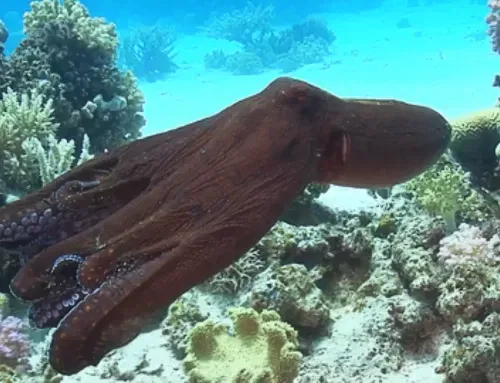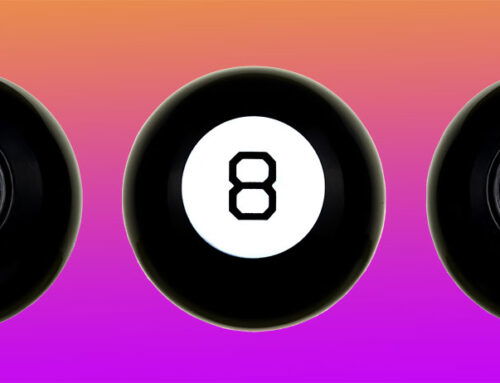“What are you thinking of?” my friend asked me, when I was sitting silently.
“Nothing,” I answered. Then I qualified my response. “Really, nothing.”
“Really?” he challenged me.
Did I really ever have no thoughts, an empty mind?
I don’t think so, although meditating Buddhists may not agree. Even when my mind seems blank, I believe some latent thought or feeling is lurking in the crevices, an unconscious “something” related to my life.
The elusive concept of “nothing.” Even thinking about “nothing” is something – it’s a thought! Perhaps death is our first and only exposure to “nothing” from a personal viewpoint, but I’m guessing, of course.
Curious, and feeling my thoughts muddled, I looked online for information about “nothing”. What I found was mostly about the numerical zero. Historically, the Sumerian counting system (where the value of a symbol depended on its relative position) developed 4000 – 5000 years ago, but not with a zero; zero appeared in 300 B.C. as a placeholder to represent no number (for example, to distinguish 1 from 10 or 100, or to designate a space, such as 2025, where the use of a blank space was confusing). The Mayans and Indians independently developed numerical zero before 500 A.D., with the philosophical implications of “nothingness.”

The Mayans and Indians independently developed numerical zero before 500 A.D., with the philosophical implications of “nothingness.” (Chichen Itza, México, <br>Photo by Jezael Melgoza, Unsplash)
Later, around 800 A.D., after the concept traveled through China and the Middle East, zero became part of the Arabic number system in Baghdad, and was designated by Arabs as a little, empty circle. It wasn’t until the 1600s that zero was used throughout Europe, and now zero is central to physics, engineering, computers, finance and economics.
If it took thousands of years for humans to think of zero, or “nothing,” who would imagine that an animal, much less an invertebrate, would do so? Invertebrates especially get little respect from us. We’ll swat an insect dead without the slightest qualm, treat it as no more than a leaf, despite the irony that we learned volumes about genetics, which applies to humans, from the fruit fly Drosophila, a very valuable research insect for science.
Which brings me to honey bees. Recent experiments indicated that bees “understand the absence of things…as a numerical quantity: none or zero.” Do bees grasp the concept of “nothing”? Scarlett Howard and Adrian Dyer in Melbourne think maybe so. They trained honeybees to recognize the concepts of more or less for a reward. Surprisingly, the bees could then extrapolate the concept of less than to zero, indicating some kind of comprehension similar to the African grey parrot, nonhuman primates and even preschool children. In brief, Dr. Dyer said the bees “understood that zero was a number lower than one and part of a sequence of numbers.”
A number of scientists correctly cautioned against interpreting these findings as if the bees were humans. What goes on in the bee brain, or why a bee does what it does, is beyond our present knowledge. A lot can and did happen in the 500 million years of evolution between a bee and human brain. But, hey – a little humility, please. Bees apparently can be trained to distinguish between some and no shape displays, as well as learn from each other and solve problems.
The point here is not what goes on in a bee brain. Rather, I use this as an example to not prematurely discard the idea that something unexpected, and possibly very important, is happening anywhere just because what we’re looking at or the subject is beyond what we understand at the time. We all too often say “nothing” is happening or present or even possible because we don’t know, or because we never considered it before, such as insects thinking abstractly. I have tried to make this point by going to an extreme in my novel Jellyfish Have Eyes by having the protagonist, Ricardo, speculate that jellyfish interact with one another, have personalities, and can visualize evolution. Ridiculous? Yes, today. But, we know very little about jellyfish.

Can we truly hit a wall with our thoughts?
Photo by Joe Woods, Unsplash
We often use “nothing” to substitute for what we don’t know. For example, we don’t know what most of the genetic material (DNA) does, so we say it’s “junk” DNA, it does “nothing”. We say the endless, seemingly empty, space of the universe is mostly a void with “nothing” in it. Really? We may not see anything (yet), but what’s all that mysterious dark matter and dark energy? There’s a disorder of feeling anxious when getting up in the morning (called morning anxiety) without knowing why, and “nothing” we know accounts for it. Freud postulated the unconscious – thoughts and feelings that occur without our awareness. Interesting. But, maybe it’s poorly regulated brain activity, or a combination. “Nothing” is not a satisfactory answer to not knowing why.
“Nothing” may even have a voice of its own, and sometimes saying nothing is more powerful than words to rebuke an insult.
What appears to be “nothing” may be a hidden “something” after all, something worthy enough to prompt looking again, and then again. The idea of “nothing” is a poor excuse for ignorance and often a red flag signaling the raw material of a basic scientist, or any curious person.
Next blog: Saturday, October 6 – The Erwonians

Photo by Antonio Grosz, Unsplash






Leave A Comment